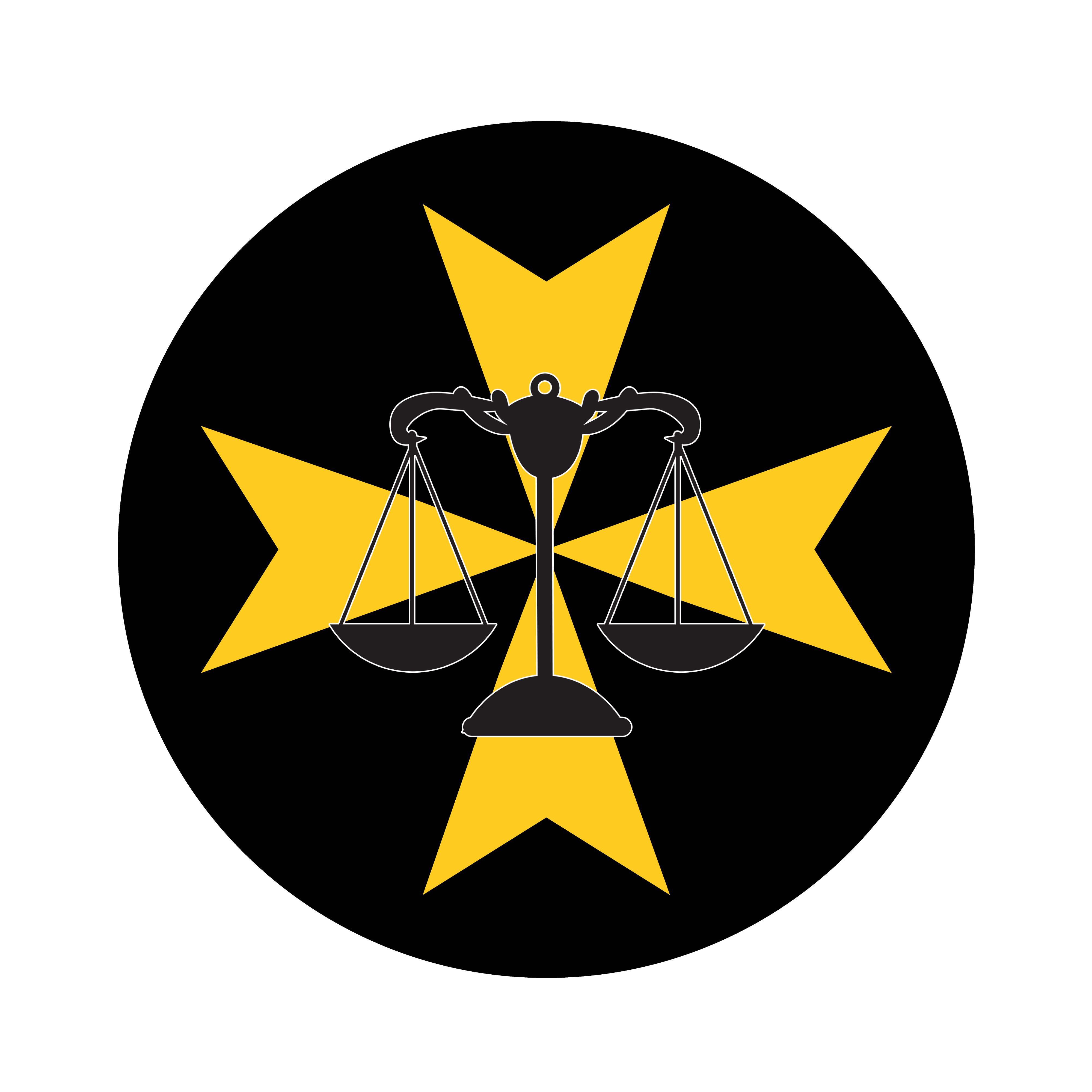Jurors
- Have attained the age of 21
- Be resident in, and a citizen of, Malta
- Have an adequate knowledge of the Maltese language (and, in the case of jurors for the trial of English speaking persons, an adequate knowledge of the English language)
- Be of good character
- Be competent to serve as a juror.
- Persons who have been found guilty of any crime liable to the punishment of death or liable to imprisonment for a term exceeding one year (the law, however, provides for some exceptions, including involuntary homicide)
- Persons who have been found guilty of crimes affecting the peace and honour of families and against morals
- Persons who are interdicted or incapacitated
- Undischarged bankrupts
- Persons who, owing to any notorious physical or mental defect, are reputed to be unfit to serve as jurors
- Persons who are under trial for any crime, until the trial has terminated.
- Members of the House of Representatives
- Mayors and Executive Secretaries of Local Councils
- Judges and magistrates
- Honorary consuls
- Clergymen
- Members of the Armed Forces of Malta
- Persons holding the office of Head of a Government Department and their deputies
- Registrars of the courts
- Police Officers
- Professors and full-time teachers of the University
- Teachers of the secondary, primary and technical schools
- Health inspectors and postmen
- Probation Officers
- Those who have the care of a family or of a person who suffers from any physical or mental infirmity.
The Court may, moreover, exempt – but is not obliged to – village apothecaries, physicians, surgeons and obstetricians actually practising their profession, and any person who has attained the age of 60.
At the end of August 2008, the full list jurors contained the names of 25,583 persons. These were divided as follows:
To serve as a foreman one must have the additional qualification of having actually served on a jury in the Criminal Court.
The above lists are prepared by a panel, which meets twice a year, composed of the Commissioner of Police or his representative, a magistrate, the Attorney General or his representative, the President of the Chamber of Advocates and the President of the Chamber of Legal Procurators. From these lists, short lists are drawn up by ballot in open court every month. Short lists generally contain a total – ordinary jurors and foremen – from a hundred to two hundred names, depending on the number of scheduled trials by jury for a particular month. On the day of the trial, the names of one foreman and eight ordinary jurors are drawn up, again by ballot, in open court and in the presence of the accused and his counsel and in the presence of prosecuting counsel. Normally a number of supplementary jurors – from three to five – are also drawn by ballot. Supplementary jurors do not take part in the actual deliberations on the question of guilt or innocence; however they follow all the proceedings so that if, for any reason, the foreman or an ordinary juror, is unable to continue serving, his place is taken by one of the supplementary jurors. When the names are being drawn by ballot on the day of the trial, the accused and the prosecution may challenge jurors, that is ask that they be excluded from serving. Both the accused and the prosecution are allowed three peremptory challenges (that is, challenges without assigning cause) each; the number of challenges for cause, however, is unlimited.
If a person, duly summoned to serve as a juror fails, without just cause, to turn up on the day of the trial, he may be sentenced to pay a fine of up to one thousand one hundred and sixty five euros (Euro 1,165).
A person who believes that he has a valid reason for being exempted from serving as a juror for a particular month, or who thinks that he should be definitely struck off from the general lists, may apply to the Criminal Court, producing supporting documents where necessary. The request may be made either by a formal application filed in court, or by a letter addressed to the Registrar, Criminal Courts and Tribunals. In case of difficulty, it is always advisable to contact a member of the staff of the Registry of the Criminal Court who will be more than willing to help. Before allowing or dismissing the request, the Court may require to hear on oath the person requesting the exemption or cancellation.
Once that the jury for a particular trial has been formed, the jurors, including the supplementary jurors if any, take the oath of office and the trial begins. If the trial lasts for more than a day, the jury and the supplementary jurors may be sequestered by the Court, that is to say not allowed to communicate with anyone. In that case all the jurors will be accompanied to a hotel and lodged there for the night at public expense. Alternatively, and depending on the case in hand, the jurors may be allowed to go home for the night under certain conditions. If the trial lasts for more than three days, the jurors are remunerated at the rate provided in Legal Notice 52 of 1993

